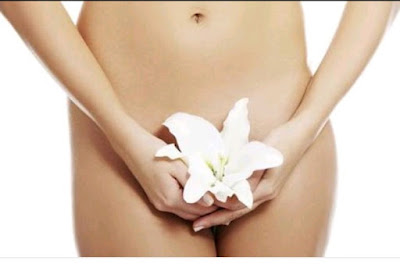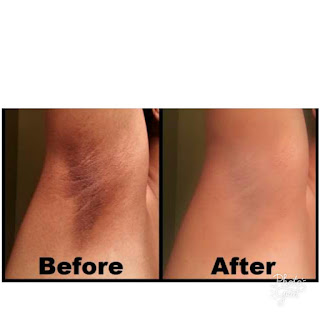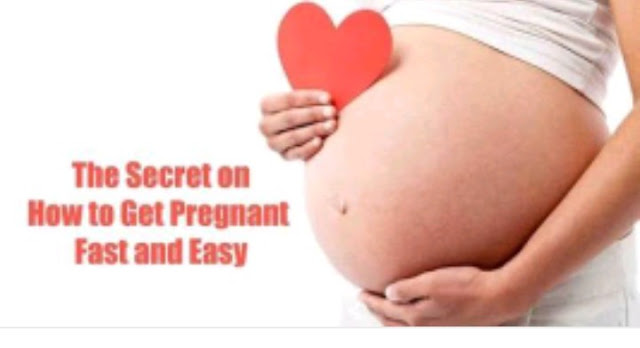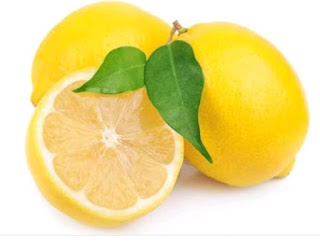Different Ways to Achieve Body Positivity
Body image is having its big moment on social media. Women (as well as men) of all shapes and sizes have been posting unfiltered images of themselves — stretch marks, belly rolls and all — on Facebook, Twitter, Snapchat and Instagram.
As a result, the old notion of beauty no longer applies, paving the way for a new generation of women to start an open dialogue about redefining what beautiful means on their own terms.
We recently invited five of our favorite social media influencers — Cassey Ho, Payal Kadakia, Anna Victoria, Britney Vest and Lita Lewis — to a LIVESTRONG roundtable discussion about body acceptance and self-love.
“Thank you so much for taking the time to be here for this essential conversation," said Jess Barron, LIVESTRONG General Manager, who kicked off the the roundtable discussion in El Segundo, California. "You’re a fabulous group of women who inspire me daily.”
The participants held nothing back, offering candid, thought-provoking and honest answers to everything from culture’s influence on body image to the role social media plays in our seemingly neverending quest for perfection.
Here are a few highlights from their spirited discussion.
How Social Media Has Influenced the Influencers
Anna Victoria: “I didn’t start working out because I didn’t like the way I looked. It was about my health. But as things went on, I realized there are so many beautiful women on social media. Getting into social media actually made me second-guess the way I saw myself because there’s that comparison factor. It was kind of interesting for me to start from a place where I actually was happy and end in a place where I was like, ‘I don’t look that good.’”
Different Ways to Achieve Body Positivity
Lita Lewis: “Body positivity, to me, isn’t actually a physical thing at all. It’s more of a mental thing. I’d look at my body and be really displeased and uncomfortable in my own skin. Before I was able to change that, I had to change my thought process.”
Britney Vest: “For me, it’s been such a journey to get to the point where I feel body positive every day. It’s about just being able to look at yourself and your body and feel happy with the work you’re putting in or not putting in. I’m OK with not being OK some days. It’s just about loving your body for how it is in that moment every single day.”
The Meanest Things They’ve Been Told About Their Bodies
Cassey Ho: “Seeing as how I’ve been on YouTube since 2009, I’ve had a lot of mean things said about my body. People would say, ‘Why don’t you have a six-pack? Why isn’t your butt bigger?’ But the meanest thing anybody has ever said is, ‘You don’t care about your job or else you would lose some weight.’ When you start attacking my work ethic based on my physicality, that’s just low. But that gave me the idea for one of my most viral videos, The Perfect Body. I took real comments and said, ‘What would I look like if I molded myself into what they wanted me to look like?”
Payal Kadakia: “The meanest thing is when people called me short. I’m 4-foot-11. I’ve always been short. It doesn’t sound mean when people call you short, but sometimes people said it in a way that made me feel like I was incapable. That message was something I had to fight through — I still fight through — in my life. But now it’s a signature thing I wear. I loved the moment where I stopped wanting to wear heels.”
A Pivotal Moment in the Journey to Self-Acceptance
Cassey Ho: “I was wearing a sparkly leopard bikini, clear heels and being judged by eight different 40-year-old men. This was a bikini competition. I had been teaching for a long time, so I was like, ‘How much more muscly could I get? How much more weight could I lose?’ I hired a trainer, literally worked out for four to five hours a day, ate 1,000 calories and my body started sculpting into this thing I had dreamed of having. It was bad! I lost so much weight so fast.
“I stepped onstage feeling pretty good, but once I started seeing these other girls I started to lose my confidence. I didn’t score very well, but I was like, ‘Wait, what am I trying to achieve? What is this perfect body?’ I realized I was very unhappy. I was hungry. I’d been really mean to my boyfriend, and I wasn’t getting enough nutrients. I realized that the perfect body — or what I thought was the perfect body — wasn’t actually what I wanted. What I wanted was a harmony between my lifestyle and my physical body.”
How Different Cultures Perpetuate Insecurities
Anna Victoria: “I was raised in the United States, and we have this standard of beauty. You know, it’s very curvy and also very bronzed. I moved to China for a year right after college, and there white skin is beautiful. I was always spray tan, spray tan, spray tan. Going there, you don’t do spray tans. It’s skin-whitening products. It’s just the other direction. It was really interesting for me to see a culture that valued something totally opposite to what I was raised in.”
Payal Kadakia: “Whenever you go to India, someone’s either saying, ‘You lost weight’ or ‘You gained weight.’ There’s never an in-between. I always think about this with the holidays because I feel like people are always scared about their families. You know people are going to judge you for your appearance, which is not a good sentiment.”
Cassey Ho: “I look back now and I feel like some of my insecurities come from my mom because she grew up very thin. I grew up chubby, and she would look at me and say, ‘Why are you so fat? You can’t even fit into my jeans from when I was 18.’ I was like 12. In Asian culture, a lot of times people just say it as a conversation starter: ‘Oh, you look a little fat. Here eat some more,’ which is really weird too.”
What Women Can Do to Improve Body Image Perceptions
Jess Barron: “If we’re not shamed for one thing, we’re shamed for something else. We’re too curvy or we’re too short or too tall. There’s always something. There’s never a point where people accept us where we are. Together, we are going to change the face of this. No young girls are going to have to go through what we went through. I love that our hashtag for this roundtable could be seen as ‘Imperfection,’ but we choose to see it as ‘I am perfection.' That’s what we’re all about here today.”
Anna Victoria: “We’re creating the body positivity era.”















Comments
Post a Comment